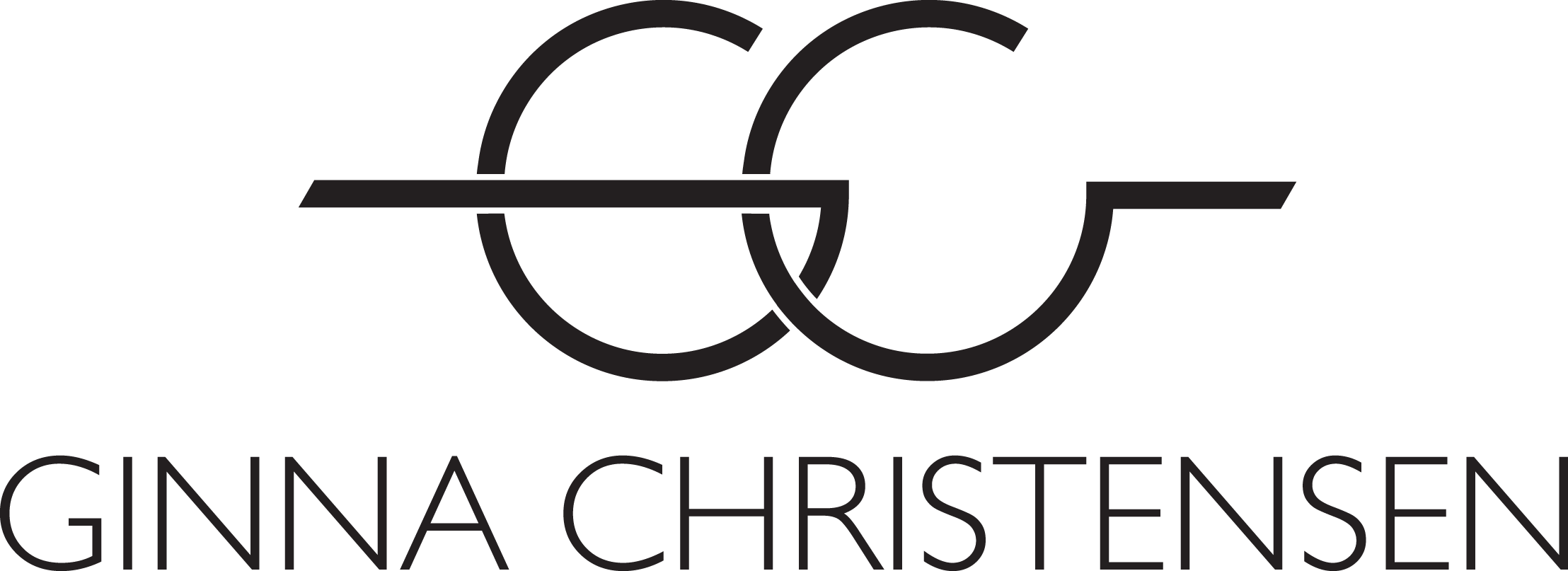What do your favorite quotes say about you and your business?
I am a quote collector. I've been recording the quotes that move me for years in various journals, computer files, and on Instagram. As I look over some of my favorites, I see a pattern that points to who I am, the work I do, and the clients I am drawn to work with.
Why fit in when you were born to stand out? ~ Dr. Seuss
Find out who you are and do it on purpose. ~ Dolly Parton
Be yourself; everyone else is already taken. ~ Oscar Wilde
To me, all of these quotes convey a very similar message.
It's more important to listen deeply to the wisdom that lives inside of you than to listen to what your colleagues, your family, or your industry tells you should be.
Many people come to me saying things like,
I heard this podcast that said I should do it this way.
My husband, friend, or hairdresser thinks I should be doing this.
My old boss did it this way, so I guess that is how I should do it too.
And listen, I get it; we are all looking for some outside validation that our dreams, ideas, and the way we see things have merit. The danger, however, becomes that we put more weight and rely more heavily on those outside voices to guide our decisions than we do on our own. When we do this, we gradually forget who we are; we begin to doubt ourselves and find ourselves on a path that does not feel quite right.
I recently had the pleasure of meeting a woman I have admired from afar, Creative Director and Founder of the Tibi fashion brand Amy Smilovic. Those of you who follow Amy already know that her message is clear. She knows who she is. She knows who she is speaking to. And she is absolutely not trying to be all things to all people.
Covid gave us permission to really take a hard look at the business and what we wanted to become as we moved forward. Listen, we are not perfect, but we are striving to produce what we want in a way that feels really good to us.~ Amy told me.
This was the gift that came out of the pandemic for her and her company. It was a chance to look inward, to stop succumbing to the outside voices of the department stores and the industry as a whole. It allowed her to step into being a creative renegade, listen to what she wanted, and commit to being authentic in how she runs her business, trains her employees, speaks about the brand, and designs the pieces they produce. She is a woman that knows who she is and is doing it on purpose.
Knowing who you are and being willing to share that with the world is the first step to becoming a stand-out in your field. When you integrate who you are, your values, and strengths into the work you do, you naturally and sustainably differentiate yourself. This has a much more significant impact than most people realize. Because when you know who you are and do that on purpose, the idea of competition melts away because you know no one else operates like you, communicates like you, or creates precisely the way you do.
Knowing who you are and doing it on purpose also ensure the consistency of your message. I look to Amy as a perfect example of what I mean.
ARE YOU A CREATIVE PRAGMATIST - is plastered on the front door of their shop on Wooster Street in Soho. It is predominately highlighted on their website and in their newsletters. In addition, it is discussed over and over again on her Instagram and communicated by the stylist that work in the store.
But why is this cohesion necessary? As a customer, the experience of this unity builds trust. So if your messaging is not consistent along all platforms and touch points with your clients, it creates confusion and causes them to mistrust you, and the crazy thing is they won't even know why.
Think about this for a moment. You meet an impeccably dressed man at a design event. Perhaps he is a high-end builder, rug dealer, or furniture manufacturer. He tells you about their commitment to quality to excellent customer service and approaches their work with an artist's eye. Then he hands you his flimsy, ill-designed business card that feels like it costs a quarter of a penny to produce. What happens in your brain? I know I would start to doubt that his idea and my idea of quality are the same because this touch point is out of alignment with everything he so passionately just shared with me. But maybe I decide to dig a little deeper and find out more. So I go to his website, which is challenging to navigate, and looks like it has not been updated since 2005. That's strike two. Now I decide to email him to tell him I enjoyed our conversation and would love to learn more about how we might work together and... crickets. Well, that's strike three.
So today, I encourage you to look at your own messaging. Is it clear? Is it consistent? How do you communicate it through your website, staff, and business card?
If you are unsure you have a message or don't know what it should be. Click here to schedule a free discovery call to find out how I can help.

